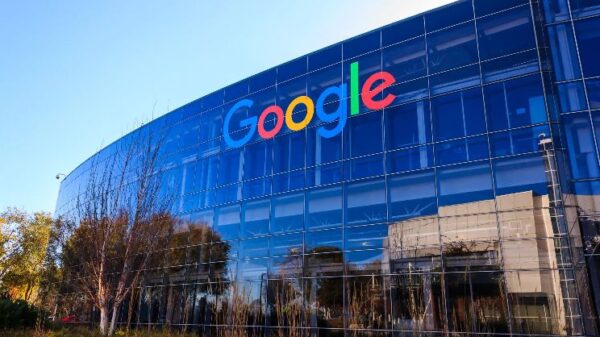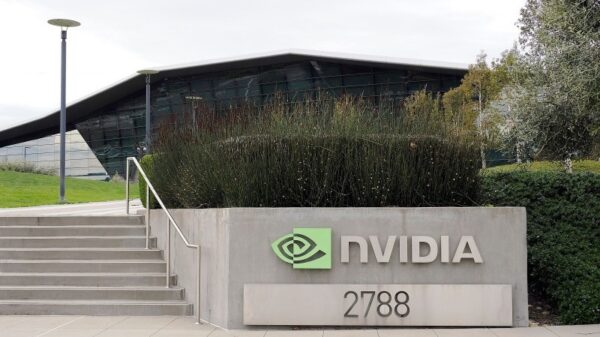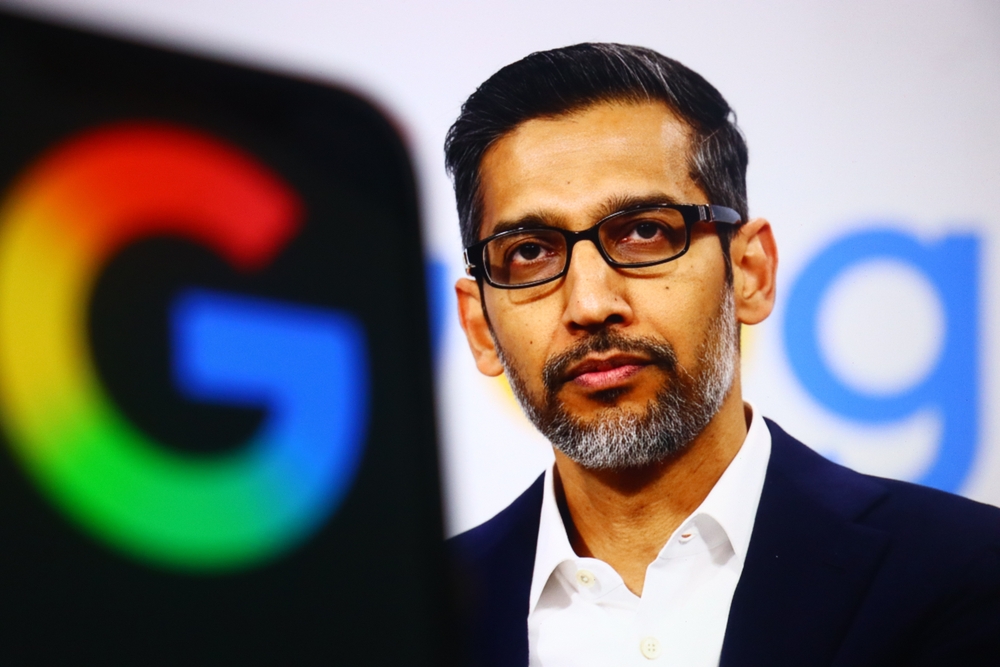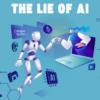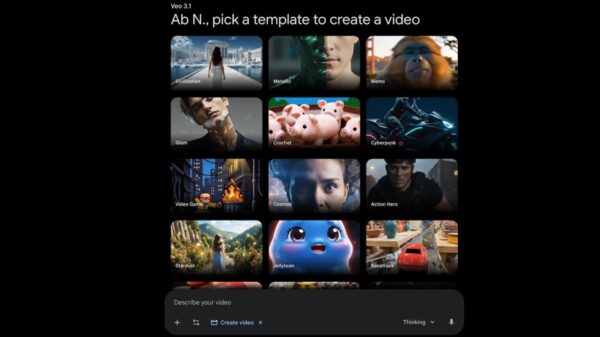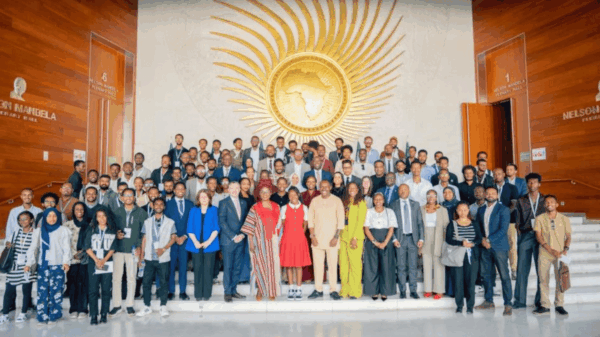Concerns regarding the reliability of generative AI have intensified following comments from Sundar Pichai, CEO of Alphabet, who recently advised the public to approach AI-generated information with caution. In an interview with the BBC, Pichai emphasized that current AI systems are still vulnerable to errors and should not be regarded as definitive sources of truth.
His warnings arrive at a pivotal time as Google launches Gemini 3.0, integrating advanced AI features into its search functionality, which has drawn increased scrutiny over how these tools manage sensitive topics, including news and science.
A Call for Caution
Pichai articulated the need for users to “learn to use these tools for what they’re good at,” highlighting that despite notable advancements, generative models can still produce inaccuracies. While AI is capable of enhancing creativity, Pichai cautioned against relying on it for factual verification without cross-referencing with other sources.
To mitigate these risks, Google continues to underscore the importance of traditional search methods, ensuring a diverse ecosystem of information sources instead of solely depending on AI-driven summaries. While the company has begun placing disclaimers on AI-generated responses to indicate potential errors, such measures have not shielded it from backlash. In a previous incident, Google faced ridicule for providing incorrect information through its AI Overviews feature, intensifying concerns over generative AI’s propensity to fabricate details to meet user prompts.
Accuracy Under Pressure
Experts studying the performance of generative AI have highlighted that the underlying issue is structural. According to Gina Neff, a professor of responsible AI at Queen Mary University of London, chatbots are inherently designed to generate fluent text rather than verify facts, often “making up answers to please us.” Neff asserted that large tech companies must take more responsibility for minimizing errors, particularly in critical fields such as health and current events, rather than placing the burden of fact-checking on consumers.
A BBC analysis conducted earlier this year found that major AI assistants, including those from OpenAI, Google, Microsoft, and Perplexity, inaccurately summarized news stories in nearly half of the instances tested, underscoring the reliability challenges in generative AI.
The Gemini 3 Rollout
Despite these challenges, Google is moving forward with the rollout of Gemini 3.0, which was unveiled recently. This new iteration claims to offer enhanced reasoning abilities and improved performance across various media types, including image, audio, and video. It also features tighter integration with search, introducing an “AI Mode” designed to provide a conversational experience akin to interacting with an expert.
Pichai described this integration as a “new phase” in the evolution of AI technology, aiming to bolster Google’s position against competitors like ChatGPT, which have disrupted its once-dominant role in online search. He acknowledged the complex balance between rapid innovation and ensuring adequate safeguards to minimize potential harm, stating that Alphabet is committed to being “bold and responsible” in its approach. The company has increased investments in AI security and is taking steps to open-source tools for detecting AI-generated content.
A Wider Debate
Pichai also addressed revived concerns voiced by Elon Musk, who previously warned that DeepMind could potentially create an AI “dictatorship.” Pichai emphasized that no single entity should wield exclusive control over such powerful technology, noting the growing number of developers in the industry.
As competition mounts, the discussions around accuracy, safety, and public trust remain pivotal to the future of AI. For Google, the challenge now lies in accelerating innovation while simultaneously assuring users that the AI systems guiding their searches can be reliable—at least most of the time.
Sources: BBC, Digi24
See also Generative AI Transforms QA with Human Oversight to Prevent Technical Debt
Generative AI Transforms QA with Human Oversight to Prevent Technical Debt Google Launches Gemini 3 with Autonomous Agents and Veo Video Generation Tools
Google Launches Gemini 3 with Autonomous Agents and Veo Video Generation Tools Apple Unveils On-Device LLMs for Accurate Audio-Motion Activity Insights with 90% Accuracy
Apple Unveils On-Device LLMs for Accurate Audio-Motion Activity Insights with 90% Accuracy Trump Reveals AI-Generated Video with Ronaldo, Sparking Debate on Digital Authenticity
Trump Reveals AI-Generated Video with Ronaldo, Sparking Debate on Digital Authenticity Gaming Exec Claims “Gen Z Loves AI Slop,” Sparking Backlash Over AI in Video Games
Gaming Exec Claims “Gen Z Loves AI Slop,” Sparking Backlash Over AI in Video Games



